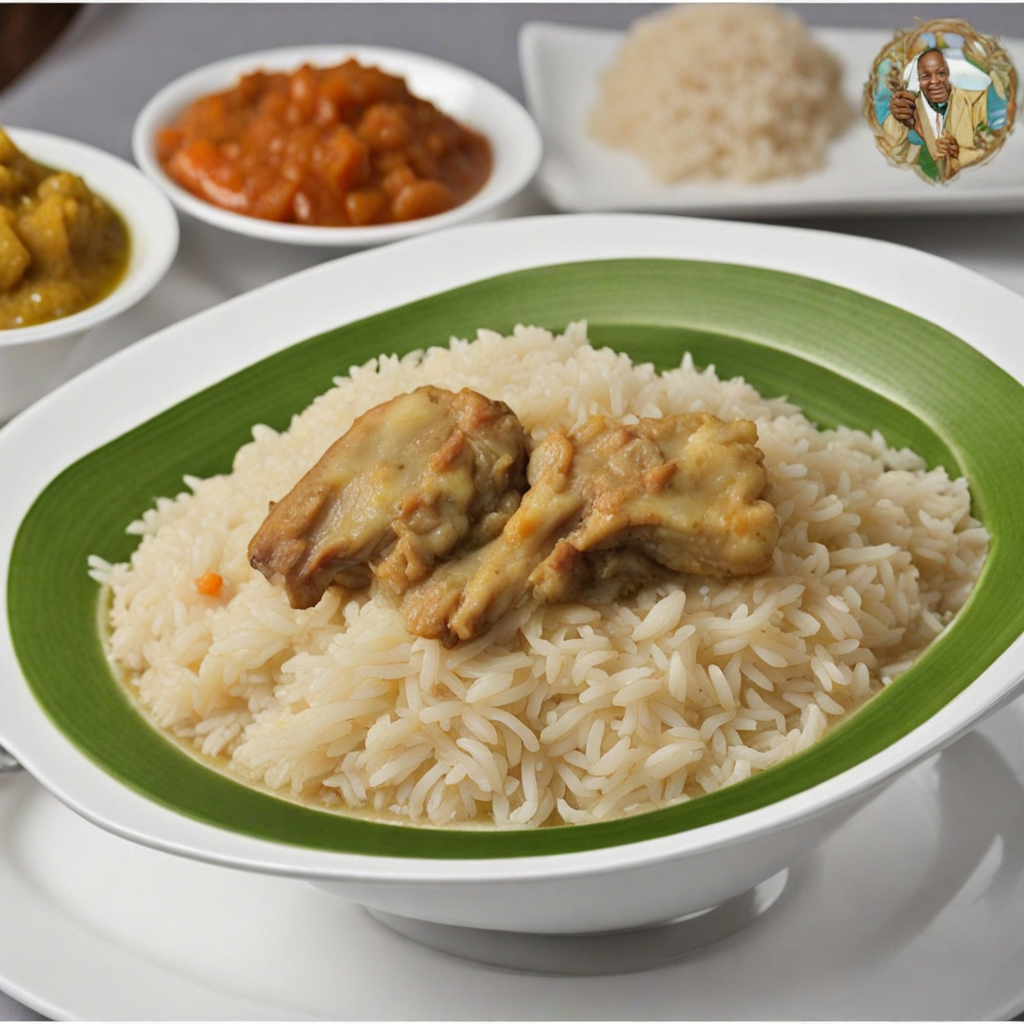Coffee
Kahawa, the Swahili word for coffee, holds a significant place in Kenyan culture and cuisine, reflecting both the country's agricultural heritage and its social customs. Kenya is renowned for its high-quality Arabica coffee, often grown in the fertile highlands, where the climate and volcanic soil create ideal conditions for coffee cultivation. The history of coffee in Kenya is believed to have been introduced by German colonists in the late 19th century, and it has since evolved into a vital part of the economy and a beloved beverage among Kenyans. The flavor of Kahawa is distinct and complex, characterized by its bright acidity, fruity undertones, and a rich aroma that can vary from citrusy to berry-like, depending on the specific region and processing method used. Kenyan coffee beans are often noted for their vibrant taste profile, which is enhanced by the careful cultivation and processing techniques employed by local farmers. The coffee is typically medium to dark roasted, which brings out its full-bodied flavor, making it a delightful choice for both casual drinkers and connoisseurs alike. Preparation of Kahawa is a cherished ritual, often taking place in social settings. Traditionally, Kahawa may be prepared using a method known as the 'Swahili coffee' style, where the coffee is brewed in a special pot called a 'kanzu' or 'jebena.' This method involves boiling water and coffee grounds together, allowing the flavors to meld before serving. Some variations include adding spices such as cardamom or cloves
How It Became This Dish
Kahawa, or coffee, holds a significant place in the tapestry of Kenyan culture and history. Its journey began as early as the 15th century when coffee plants were first cultivated in the highlands of Ethiopia. The name "Kahawa" itself is derived from the Arabic word "qahwa," which refers to wine or intoxicating drink, highlighting its allure. By the 19th century, coffee made its way across borders, and with the establishment of colonial plantations, Kenya emerged as a prominent coffee producer in Africa. The introduction of coffee to Kenya is often attributed to European colonizers who recognized the region's favorable climate and fertile soils, particularly in areas such as the Central Highlands. The British colonial government initiated coffee farming in the early 1900s, encouraging settlers to cultivate the crop. The first coffee plants were brought to the country around 1893, and within a few decades, coffee had become a vital cash crop. This transition not only transformed the agricultural landscape of Kenya but also had profound socio-economic implications for local communities. As coffee cultivation expanded, it became intertwined with the lives of many Kenyans. Indigenous communities were initially skeptical of coffee farming, viewing it as an alien crop. However, as the demand for coffee grew, local farmers began to adopt it, incorporating it into their agricultural practices. By the mid-20th century, coffee had become more than just a commodity; it was a cultural symbol that represented progress and economic opportunity. The establishment of cooperative societies in the 1950s allowed smallholder farmers to come together, pool resources, and gain access to better markets, thus elevating their status within the economy. Cultural Significance of Kahawa in Kenyan Society Kahawa has also played a crucial role in social and cultural practices among Kenyans. Coffee drinking transcends mere consumption; it is a ritual that fosters community bonds and familial ties. Traditional coffee ceremonies often involve the roasting of green coffee beans, grinding them, and brewing them in a pot known as a "sufuria." This process is accompanied by storytelling, laughter, and the sharing of news, reinforcing social connections among participants. In urban areas, coffee shops have proliferated, becoming social hubs where people gather to enjoy kahawa while engaging in conversation, work, or leisure. This modern adaptation reflects a blend of traditional values and contemporary lifestyle, showcasing how kahawa continues to evolve within Kenyan society. The rise of coffee culture has also inspired a new generation of baristas and coffee enthusiasts who are keen to explore different brewing techniques and varieties, thus elevating the status of Kenyan coffee globally. Development Over Time The story of Kahawa in Kenya is also marked by the increasing emphasis on quality and sustainability. In the late 20th century, the global coffee market witnessed a shift towards specialty coffee, and Kenyan coffee, known for its bright acidity and complex flavors, gained recognition on the international stage. This prompted local farmers and producers to focus on high-quality beans and sustainable farming practices. The establishment of the Kenya Coffee Development Authority in 2000 aimed to promote quality standards and strengthen the position of Kenyan coffee in the global market. Furthermore, the rise of direct trade and fair trade practices has empowered smallholder farmers by ensuring they receive a fair price for their products. Initiatives focusing on organic farming and environmental sustainability have gained momentum, allowing Kenyan coffee producers to appeal to conscientious consumers worldwide. This evolution not only benefits farmers economically but also enhances the reputation of Kenyan coffee as a premium product. Additionally, the global coffee crisis of the early 21st century, marked by fluctuating prices and changing consumer preferences, posed challenges for Kenyan coffee growers. However, the resilience of local farmers, coupled with innovative practices, has allowed them to adapt and thrive in this changing landscape. The emphasis on traceability and storytelling—where farmers share their experiences and the unique attributes of their coffee—has become a powerful marketing tool, elevating the perception of Kenyan kahawa in international markets. The Global Impact of Kenyan Kahawa Kenyan kahawa's journey from a local beverage to a globally recognized commodity is a testament to its rich heritage and the dedication of its producers. The country’s coffee, particularly varieties such as SL28 and SL34, have garnered acclaim in specialty coffee circles, often fetching high prices at auctions. This recognition has led to a renewed interest in Kenyan coffee, encouraging investment in infrastructure, research, and development to further enhance quality and production. Moreover, Kenyan coffee festivals and competitions have emerged, celebrating the artistry of coffee preparation and promoting local producers. Events like the Kenya Coffee Festival showcase the diversity of flavors and brewing methods, fostering a sense of pride among farmers and consumers alike. These festivals not only serve as platforms for education and appreciation but also create opportunities for networking and collaboration within the coffee community. In recent years, there has been a growing movement towards promoting coffee tourism in Kenya. Visitors can experience the entire coffee journey, from farm to cup, gaining insights into the cultivation process and the intricate flavors of Kenyan kahawa. This tourism not only provides an additional income stream for farmers but also helps preserve traditional practices and educate consumers about the origins of their coffee. In conclusion, Kahawa is not merely a beverage; it is a cultural emblem that embodies the spirit of Kenya. Its rich history, intertwined with the lives of its people, reflects the resilience, creativity, and unity of Kenyan communities. As the world continues to evolve, so too does the story of kahawa, adapting to new challenges while staying rooted in its rich heritage. The future of Kenyan coffee looks promising, driven by innovation, sustainability, and a commitment to quality, ensuring that kahawa remains a cherished aspect of Kenya’s cultural identity for generations to come.
You may like
Discover local flavors from Kenya






